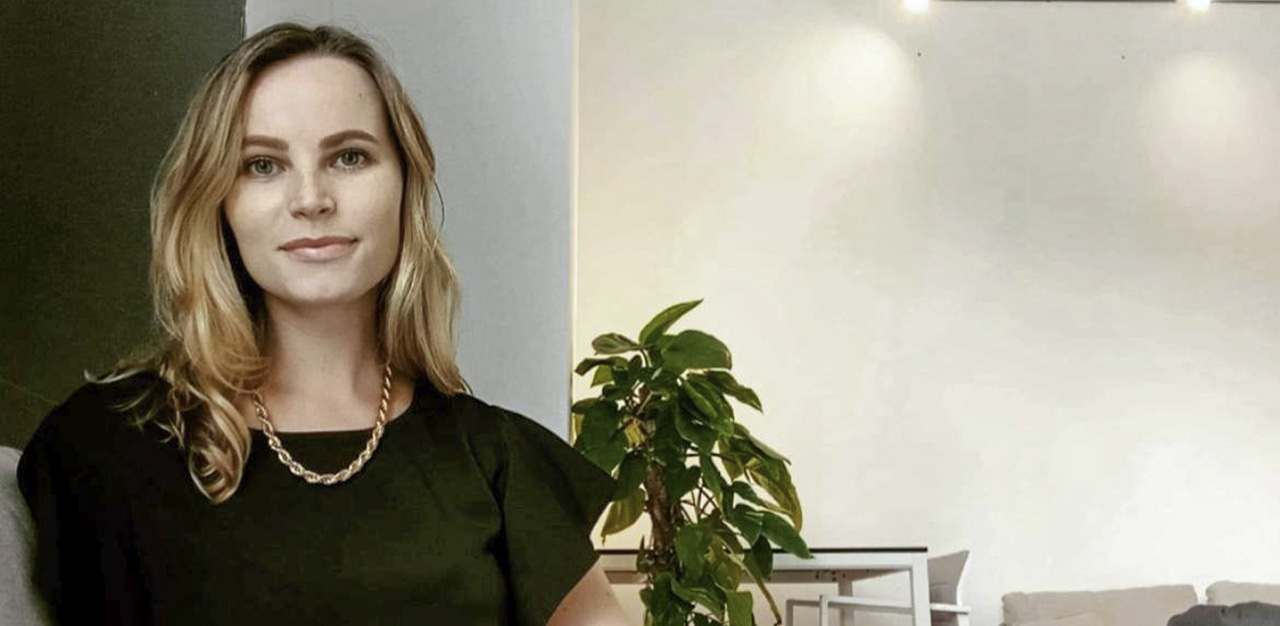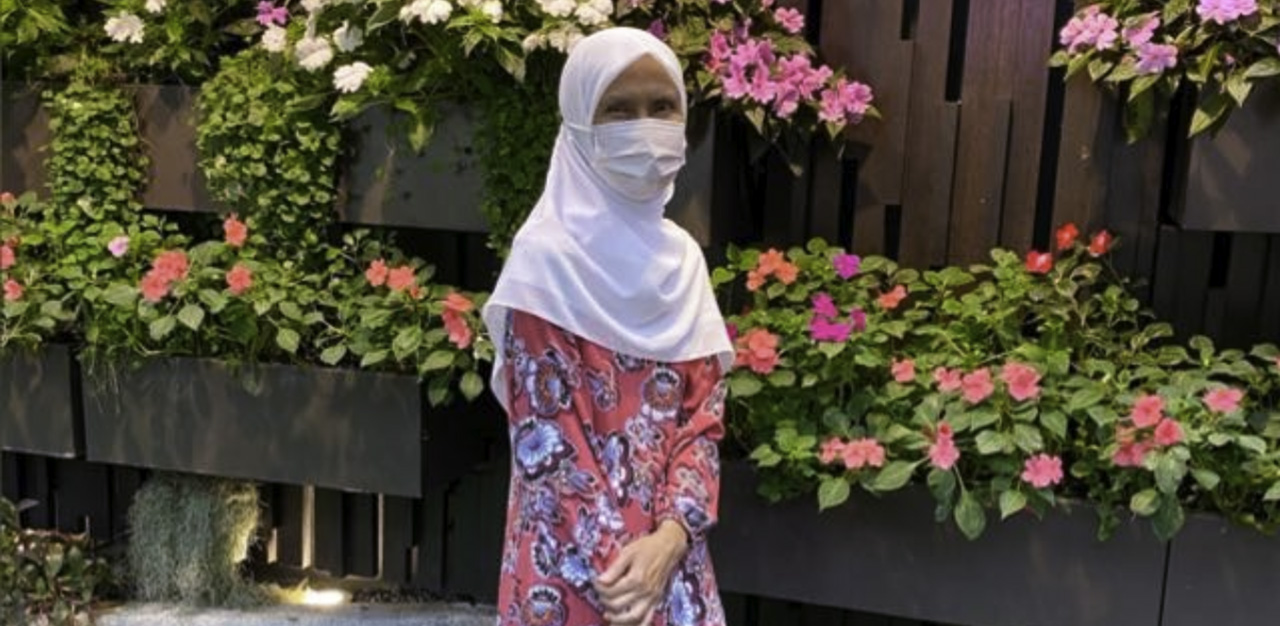TheHomeGround Asia commemorates the Islamic fasting month of Ramadan by speaking with two women – one who has honoured this holy occasion throughout her life and another who is participating in it for the first time. With Ramadan reaching its second year in Singapore during a pandemic, we celebrate how the commitment to fast from sunrise to sunset, and the communal spirit that the month inspires, is very much alive.
Ramadan is known to many as the month prior to Hari Raya Aidilfitri, a time of sacrificial abstinence from food and drink from dawn to dusk. But for Muslims, it is more than that. Beyond the physical fast (which includes prohibition of sexual activity and smoking during that month-long period), it is also an opportunity for deep contemplation on their faith, rigorous self-discipline and a resetting of intention that lasts the Islamic year.
For non-Muslims, there might be an air of mystery around this practice which has spanned centuries; a sense of awe at how a community can go without the essentials of survival, such as food and water, for more than half the day. This has led some non-Muslims to try fasting. While some online personalities have received flak for experimenting with this rite during Ramadan in order to gain clout, others with a deeper curiosity, like Singaporean expatriate Gemma Field, have taken it further by attempting to fast for the entire month.
Growing up in a family of free-thinkers, it was in university where 27-year-old Briton Ms Field first discussed the topic of fasting during Ramadan with a good friend. He was a first-generation Bangladeshi British national, who shared his struggles about fasting during the long hours of UK summers.
Having lived overseas since a young age, Ms Field has been exposed to many different cultures and religions, including the Malay/Muslim population after moving to Singapore in 2017 for work.
It was also in Singapore that she met her Muslim partner, and her wish to support his family while gaining a first-hand experience of Ramadan has spurred her on to participate in this year’s fasting month.
(NOTE: This interview was edited for clarity and length.)

TheHomeGround Asia: What do you understand about Ramadan and its significance to Muslims? How did you learn about it?
Gemma Field: I know that it’s observed in the ninth month of the Islamic calendar, it’s a month to get closer to God, and it’s a sacred month because it marks when Allah gave the first chapters of the Quran to the Prophet. In terms of how it’s like for individuals in Ramadan, it’s about experiencing the difficulties that the poor go through; for empathy and developing self-control towards food and water, and giving to charity. A lot of it has to do with reflection and self awareness, and to become like a better person; to reflect on your previous year; to be grateful for life and relationships with others and with God. I learned mainly through reading books and articles, and social media.
THG: What type of commitment do you have for Ramadan? How do you plan to participate in it?
GF: My intention is to commit for the full 30 days of fasting with no food and water. Originally I thought I would just not eat and drink water instead, but found out that actually that’s worse because your stomach ends up being active from drinking and that makes you hungrier.
THG: How have you prepared for this?
GF: A few weeks prior, I was eating less. I haven’t been eating breakfast for a really long time and reduced my meals to a small lunch and dinner, and tried not to snack in between. I drink a lot of water daily so I tried to decrease the amount. I also bought a Ramadan journal from the Muslim Converts’ Association of Singapore so I’ve been reading this and the different Ramadan experiences of Muslims, non-Muslims, and converts just to try and understand a bit more of what everybody goes through.
THG: Do you have people around you who are supporting your endeavour?
GF: Yes, I have lots of people who are supporting me. I have my partner and his family obviously. And my lovely Malay teacher, she’s very sweet. She helps me if I have any questions, and she messaged me on the morning of Ramadan. My family has also been very supportive. They think it’s great that I’m doing this. My Western friends too.
THG: What do you expect to get out of your participation?
GF: It would make me understand more of the Muslim culture and the Islamic religion; to understand more about myself and understand self-control and discipline. Also, the health benefits – detoxing, definitely.
THG: Describe your first day of fasting.
GF: I was pretty tired when I woke up at 5am. I ate some oats with grapes. I drank lots and lots of water. I was lucky because it’s my day off work so that was quite handy to ease me in. I volunteer with the kids at the Early Intervention Centre on Tuesdays and only felt a pang of hunger at 1pm. I was more thirsty actually because I was running around with the kids and it was a super hot day. After I came home, I took a nap which definitely helped. Then I went out to do some shopping to distract myself and came home to break my fast.
THG: Was the experience as you imagined it? What were the positive or negative effects of Ramadan that you experienced?
GF: Actually it is better than I thought it was going to be. I thought I was really going to cave and drink water but I’m doing okay for the first couple of days. I get headaches so that’s not so fun and I feel sleepy at work. On the positive side, I feel good in the morning; waking up at 5am, I feel I have more energy.
THG: Do you hope to continue fasting for the rest of the month?
GF: I think it can only get easier as it goes on. You get more used to it and you get into a routine. I definitely think keeping busy is the number one key.
Coming together again for the terawih
Besides the comfort in knowing that you are fasting alongside others, the communal spirit of Ramadan for many Muslims not only culminates during moments of breaking fast with loved ones but also in the congregational night prayers, called terawih.
The tradition of breaking fast with extended family and friends, as well as the Ramadan-specific terawih at mosques was disrupted last year, when the pandemic struck and saw restrictions placed on house visits and the temporary halt of congregation prayers across all mosques on the island.
This year, the restrictions were lifted but due to safe-distancing requirements, only a limited number are allowed for the session. The entry hinges on an online system that has specific booking windows to ensure every Muslim gets a fair chance to attend, however it has shrunk the opportunity to perform terawih at the mosque daily.
Retiree 66-year-old Misnah Dikin, who normally visits her 88-year-old mother in Tiong Bahru to break fast together during Ramadan alongside other siblings, says she has found a unique solution to keeping the communal spirit of the month alive at home, through an imam (leader of congregational prayer) house-call service.

Misnah Dikin: Because of the pandemic, we don’t have many opportunities to go to the mosque. After getting to know of this service and consulting my sisters, we decided to hire one of them. We did this for my mum who’s already old (and isn’t mobile enough to go to the mosque). So we booked the imam for three days of Ramadan for a fee and when he came on the first night, the prayer was performed as per normal; like how it would be conducted in the mosque.
THG: Why is it important for you to break fast and perform terawih with relatives and family?
MD: In Ramadan, it’s good to break fast with your family. In Islam, when you break fast together, there’s berkah (blessings) and strengthens silaturrahim (human relationships and bonds). Nowadays people are so busy and they usually have meals at individual timings, but Ramadan is a time where everyone breaks fast at the same time, at the same table, in one household. So it’s a fun and joyful occasion.
THG: Can you share some examples of the Ramadan spirit that you’ve gone through or observed in the community?
MD: Usually during Ramadan, if we have Muslim neighbours, we will exchange food. It’s also a time to help the poor, not just in terms of money, done out of belas kasihan (compassion) for them.
THG: What does Ramadan mean to you as a Muslim?
MD: Ramadan is one of the holy months in the Islamic calendar and is a month that is very much anticipated by all Muslims. We are rushing to make something of ourselves because it is a month that spiritually cleanses the soul. It’s humbling.












